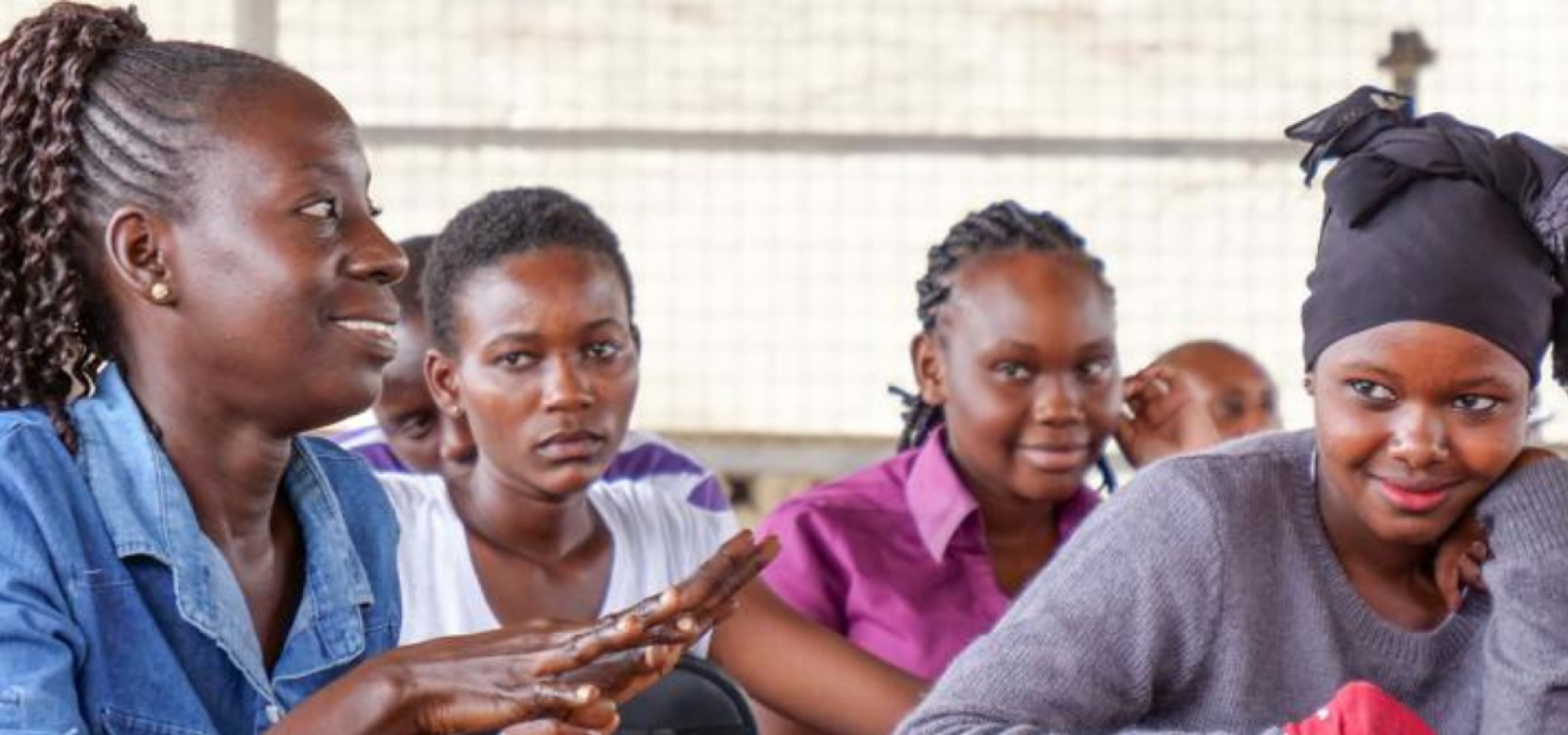Workshop
The workshop on trustbuilding was the main activity of the weekend. The 20 participants were selected from the previous dialogue that took place November 2019. The group consisted of 10 Muslim participants and 10 Christians participants, plus an Imam and a Pastor. The two-day workshop was delivered in line with the Trustbuilding Manual. Two modules were covered:
Change start with self
Mike Muikia explains: 'Here we looked at how to connect personal and social change. We used the story of Frank Buchman and had a story from one of our facilitators (like Rose Njeri). We also did a values exercise where out of 10 values we asked the participants to choose their best three and share it with the group. Then we mapped the cohort. Here we looked at what connections, opportunities and experiences each participant can contribute to trustbuilding. Who are we? What do we bring to the table?
The exercise was done in three groups and afterwards each group made a presentation. Later there was a talk on unconscious bias, that started with defining the difference between stereotype and bias. The facilitator gave examples of how we have different preferences when it comes to drinks, places to visit and people we want to associate with and interact with. In closing, we looked at our individual and collective trustbuilding challenges. What makes it difficult for organizations to adopt and practice trustbuilding work?'
Healing wounds of history
Mike: 'Day two started with a recap, a story of personal change and a showing of the documentary on the Imam and the Pastor. Afterwards there was an affinity group exercise, where we put the participants into their religious groups. Here we asked the participants to discuss two questions:
- What have we done in our group that has contributed to the problem of divide that we’re facing?
- What would we like to hear from the other group in order to begin to build trust?
We asked one group to sit in an inner circle and discuss while the other group observed and listened without interrupting. It is called the ‘fishbowl exercise.’ This is one of the most important exercises, according to participants from both religions, as many expressed how stereotypes were broken.
We then had a session on understanding history, where a historian came to explain how communities have always coexisted, as well as the cause of issues that have led to the current situations; specifically related to economy, human migration and conflicts. We also looked at local and international timelines that catalyzed conflicts and how human relationships were affected.
This session was followed by two group presentations. The first was on local events and the second on international events, for example the 9/11 attack in the US, the killing of the Iranian General and New Zealand's Christchurch attack of 2018. This exercise is primarily to help participants understand how events affect trust between groups.'
After all the exercises there were reflections and healing circles, where participants shared what they felt and what they learned from the two days, which rounded out the intensive weekend.
SPECIAL NOTE
Unfortunately, due to the current status of the COVID-19 virus, it is unclear if the next workshops in Kenya will take place as planned. The previously planned visit of the Imam & Pastor has been postponed, as the Kenyan government has suspended all public gatherings indefinitely.
In these difficult times, we would like the emphasize on the importance of trust and solidarity. Let us share stories of inspiration and compassion. Read here the inspiring message from Mounir Beltaifa, Vice President from the International Council.
Support this exciting Trustbuilding Program with a donation via PayPal in a currency that suits you best:
USD, GBP, EURO or CHF.
The Trustbuilding Program is aimed at addressing divisive issues at the international and national levels, on the premise that only those who have undergone the internal process of becoming trustworthy themselves can close gaps across the globe. The Program was launched by Initiatives of Change International in 2019 with projects in Kenya, Canada and France.
